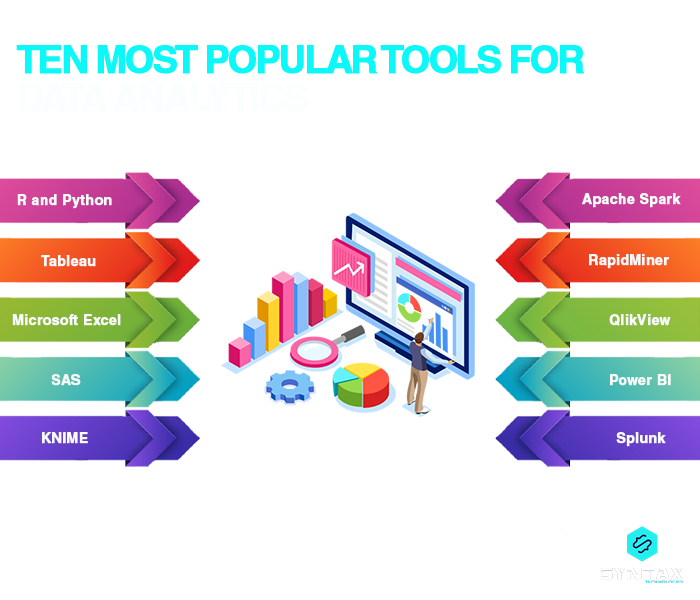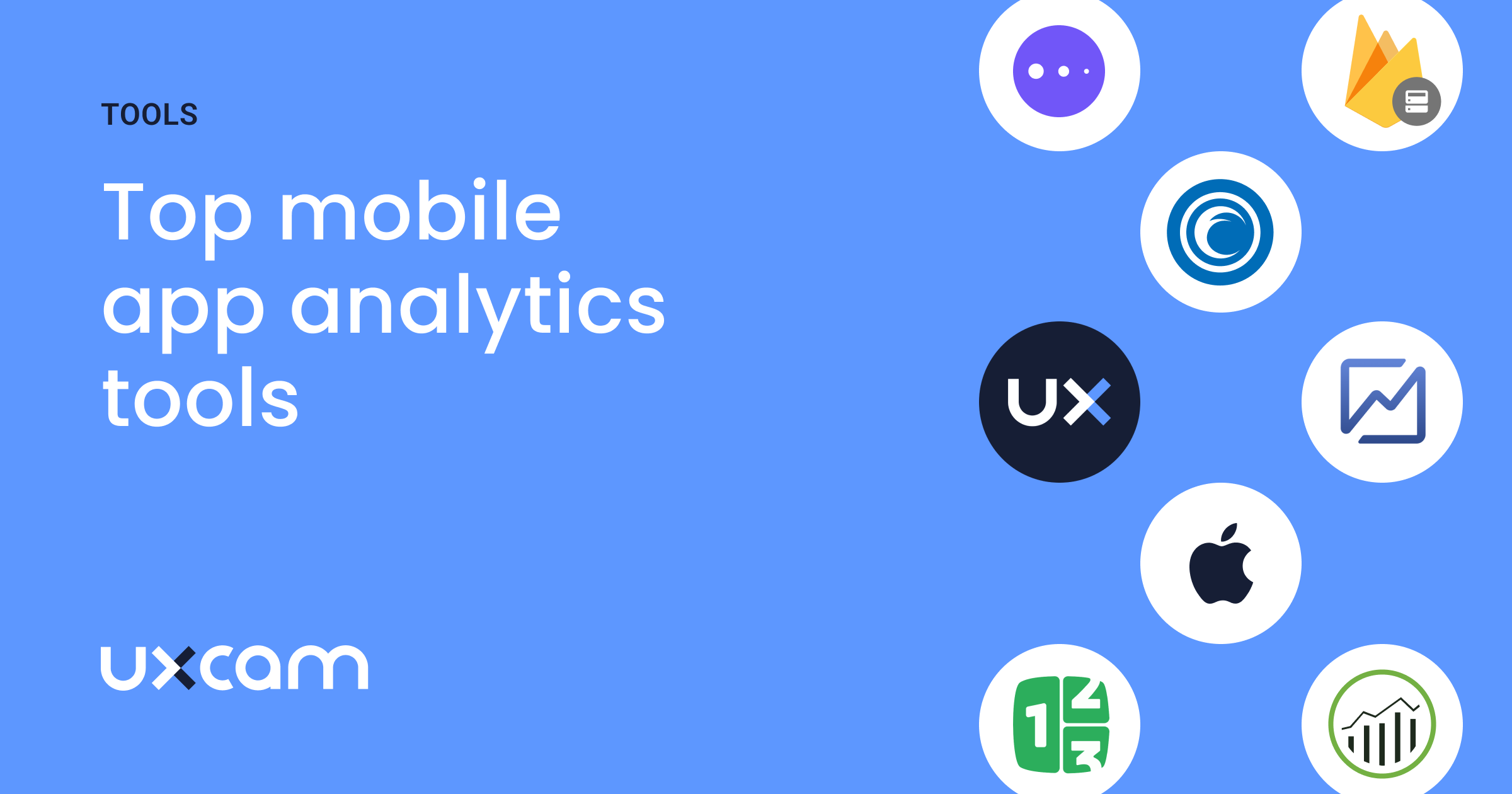Boost Your Procedures with Intelligent Analytics Systems
Boost Your Procedures with Intelligent Analytics Systems
Blog Article
Increase Efficiency and Profitability With Information Analytics
In today's data-driven landscape, organizations are significantly acknowledging the essential function of data analytics in improving operational efficiency and success. By methodically evaluating information, companies can uncover important understandings that educate critical choices, simplify procedures, and tailor client experiences (Analytics). Nevertheless, the difficulty lies not just in the implementation of these analytical devices however likewise in comprehending just how to convert information into actionable results. As we explore the nuances of reliable data-driven methods, the implications for both short-term gains and long-lasting success ended up being progressively clear. What might these insights reveal for your organization?
Understanding Information Analytics
In today's data-driven landscape, recognizing information analytics is crucial for companies aiming to boost operational performance and drive earnings. Data analytics involves the organized computational evaluation of data collections to discover patterns, correlations, and insights that notify decision-making. By employing different strategies, such as statistical analysis, artificial intelligence, and anticipating modeling, organizations can change raw information into workable intelligence.
The process normally starts with data collection, where pertinent details is gathered from multiple sources, consisting of transactional databases, customer communications, and market patterns. This data is then cleaned up and organized to guarantee precision and uniformity. Once the data is prepared, analytical tools and software application are used to discover and visualize the info, enabling stakeholders to recognize abnormalities and patterns.
Ultimately, recognizing data analytics equips companies to make enlightened choices based upon empirical evidence instead of intuition. It assists in targeted methods that can enhance resource allowance, improve consumer complete satisfaction, and improve total efficiency. As services significantly acknowledge the worth of data-driven insights, a solid grip of data analytics becomes a crucial competency for teams and leaders alike, placing them for sustained success in an affordable environment.

Secret Benefits for Organizations
Organizations that leverage information analytics can unlock a plethora of advantages that dramatically boost their procedures and success. Among the key advantages is enhanced decision-making. Information analytics gives actionable insights acquired from real-time data, allowing services to make informed selections that align with market demands and consumer choices.

Furthermore, data analytics fosters boosted client experiences. By comprehending consumer actions and choices, organizations can customize their offerings, causing enhanced complete satisfaction and loyalty. This tailored strategy commonly leads to higher conversion rates and repeat business.
Moreover, data analytics allows companies to identify emerging possibilities and trends. By remaining in advance of the contour, companies can take advantage of new markets and innovations before their rivals.
Implementing Data-Driven Techniques
Successful application of data-driven techniques needs a detailed understanding of both business goals and offered data resources. Organizations has to first specify their objectives plainly, making sure positioning in between data initiatives and strategic aims. This quality makes it possible for teams to concentrate on appropriate metrics and understandings that drive decision-making.
High-grade information is essential for exact evaluation, as inadequate data can lead to misguided approaches and thrown away sources - Analytics. Organizations needs to establish procedures for information collection, cleansing, and administration to keep information stability.
Additionally, fostering a data-driven culture is crucial. Staff members whatsoever levels need to be motivated to leverage information in their daily procedures. Educating workshops and programs can boost data literacy, empowering team to make educated choices based upon logical understandings.
Devices and Technologies Introduction
A durable suite of tools and innovations is vital for companies aiming to harness the complete potential of information analytics. These tools assist in the collection, processing, and visualization visit this page of data, allowing companies to obtain workable understandings.
At the foundational degree, data administration platforms such as SQL databases and NoSQL systems provide reliable information storage and retrieval abilities. For data processing and analysis, programming languages like Python and R, together with frameworks such as Apache Flicker, make it possible for complicated computations and artificial intelligence applications.
Visualization tools, consisting of Tableau and Power BI, change raw information right into user-friendly graphical styles, making understandings easily accessible to stakeholders in all levels. In addition, cloud-based platforms like Google Cloud and AWS provide scalable storage and handling options, fitting the expanding quantities of information organizations run into.
For advanced analytics, predictive modeling and AI-driven options are progressively taken on, permitting business to forecast trends and enhance decision-making procedures. Integrating these tools into existing operations is extremely important; organizations that efficiently utilize this modern technology can considerably improve operational efficiency and drive productivity. Thus, purchasing the right tools and modern technologies is a strategic essential for any type of data-driven organization.
Situation Studies of Success
Leveraging information analytics has actually led numerous organizations to attain amazing enhancements in performance and success. One significant situation is a large retail chain that applied anticipating analytics to maximize inventory monitoring. By evaluating historic sales information and customer fads, the firm reduced excess inventory by 30%, bring about substantial cost savings and boosted cash flow.
Another instance can be located in the production industry, where a leading automotive producer utilized data analytics to improve its production processes. By checking device performance in real-time, the organization identified ineffectiveness and traffic jams, leading to a 20% rise in general tools performance (OEE) This not only improved production prices yet likewise minimized downtime and maintenance expenses.

These case studies illustrate exactly how data analytics can drive calculated decision-making, optimize processes, and ultimately boost both effectiveness and earnings throughout different sectors.
Final Thought
In verdict, the combination of information analytics into business operations presents substantial opportunities for enhancing efficiency and earnings. By methodically evaluating data, organizations can identify inefficiencies, optimize consumer experiences, and make educated decisions.
In today's data-driven landscape, understanding information analytics is vital for companies intending to improve operational efficiency and drive productivity. Data analytics includes the systematic computational analysis of information collections to discover patterns, connections, and insights that notify decision-making. Data analytics supplies workable insights acquired from real-time information, allowing services to make informed options that align with market demands and customer choices.
High-quality data is necessary for accurate analysis, as inadequate data can lead to misguided methods and wasted sources. Organizations should develop processes for information collection, cleansing, and monitoring to preserve information honesty.
Report this page